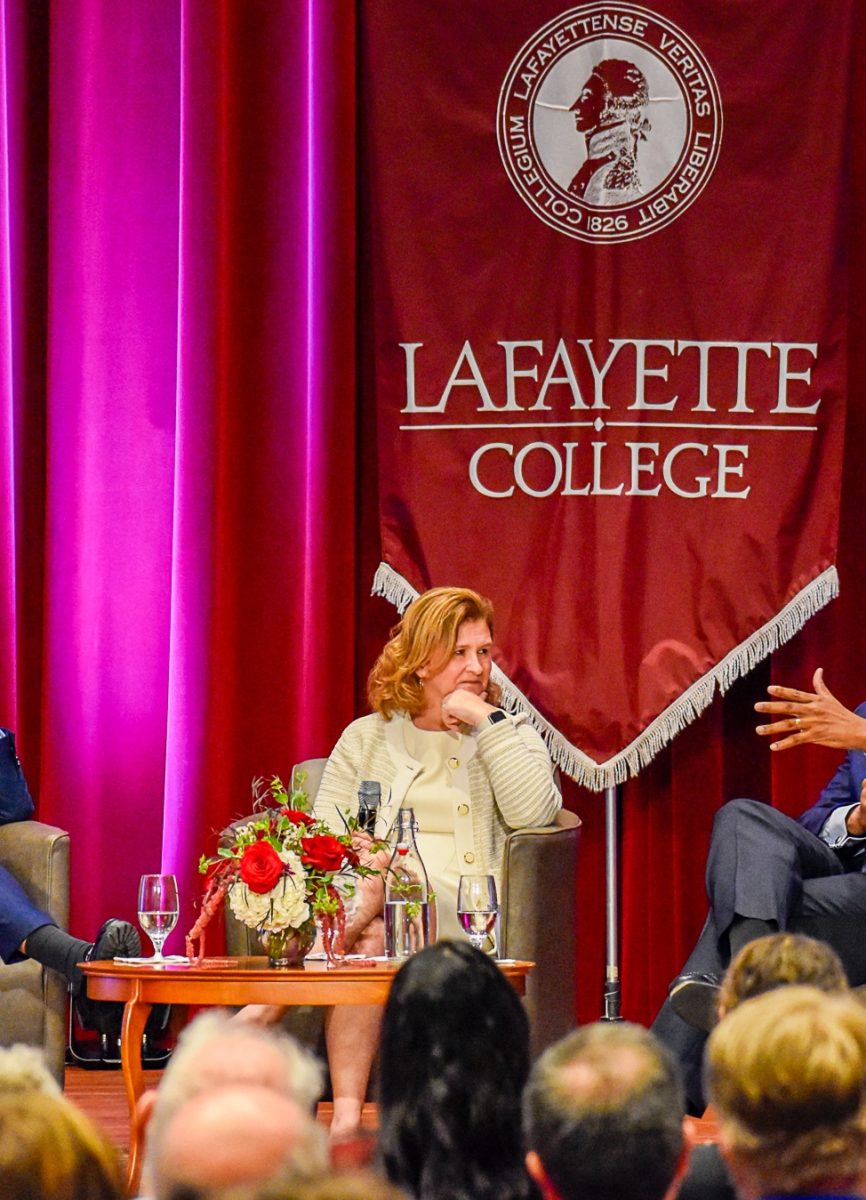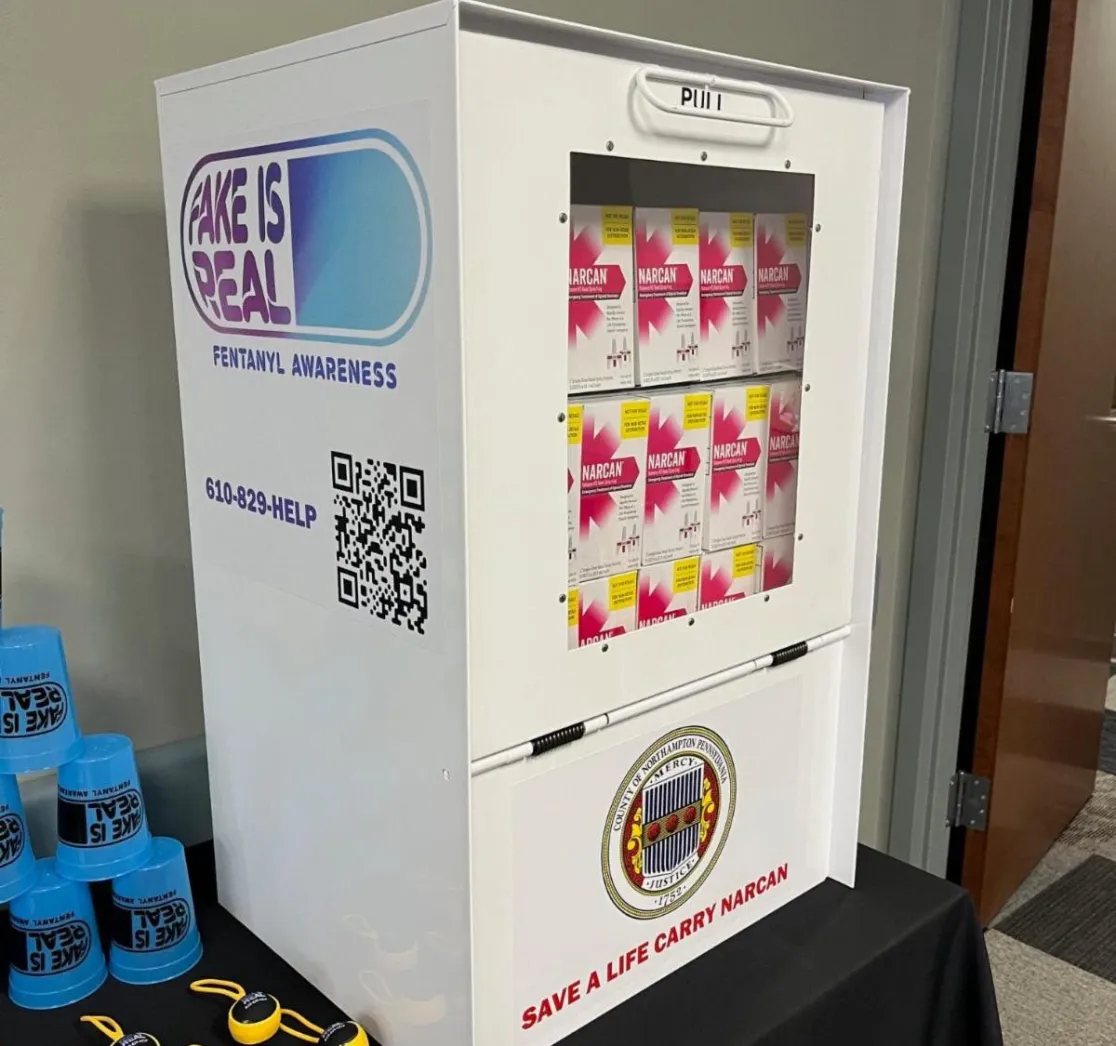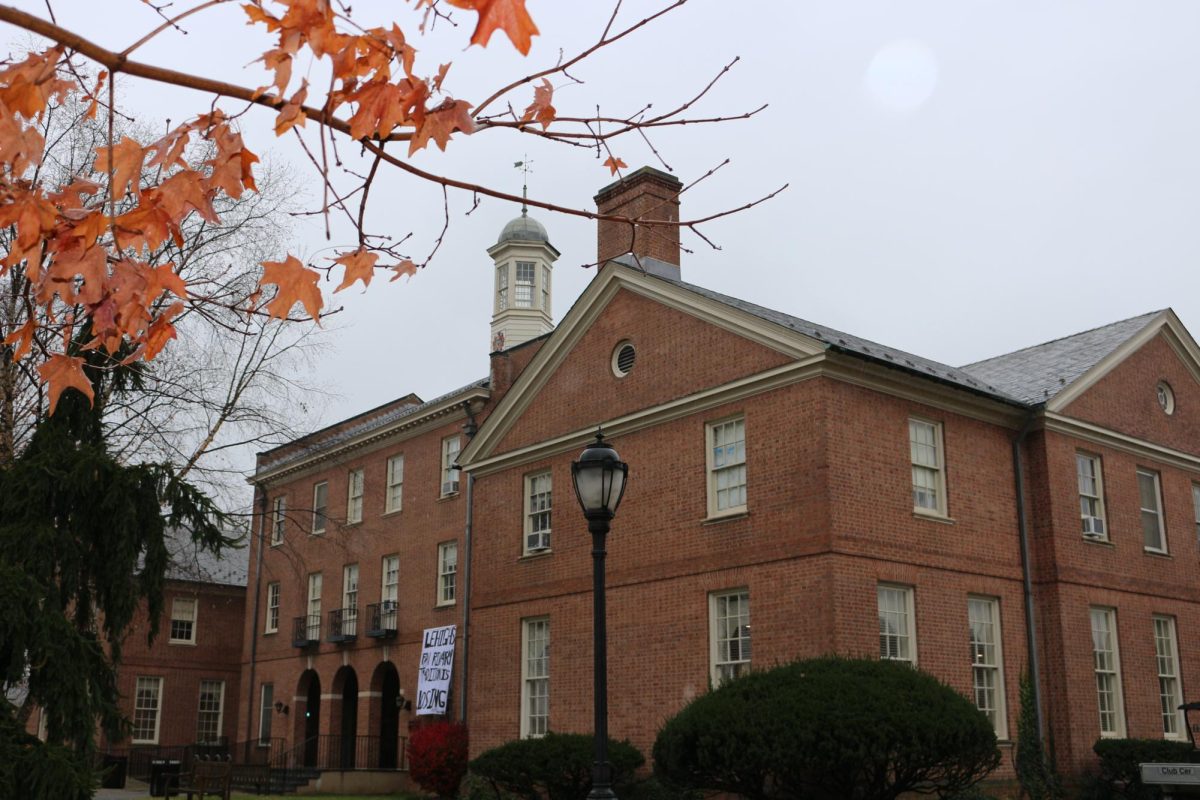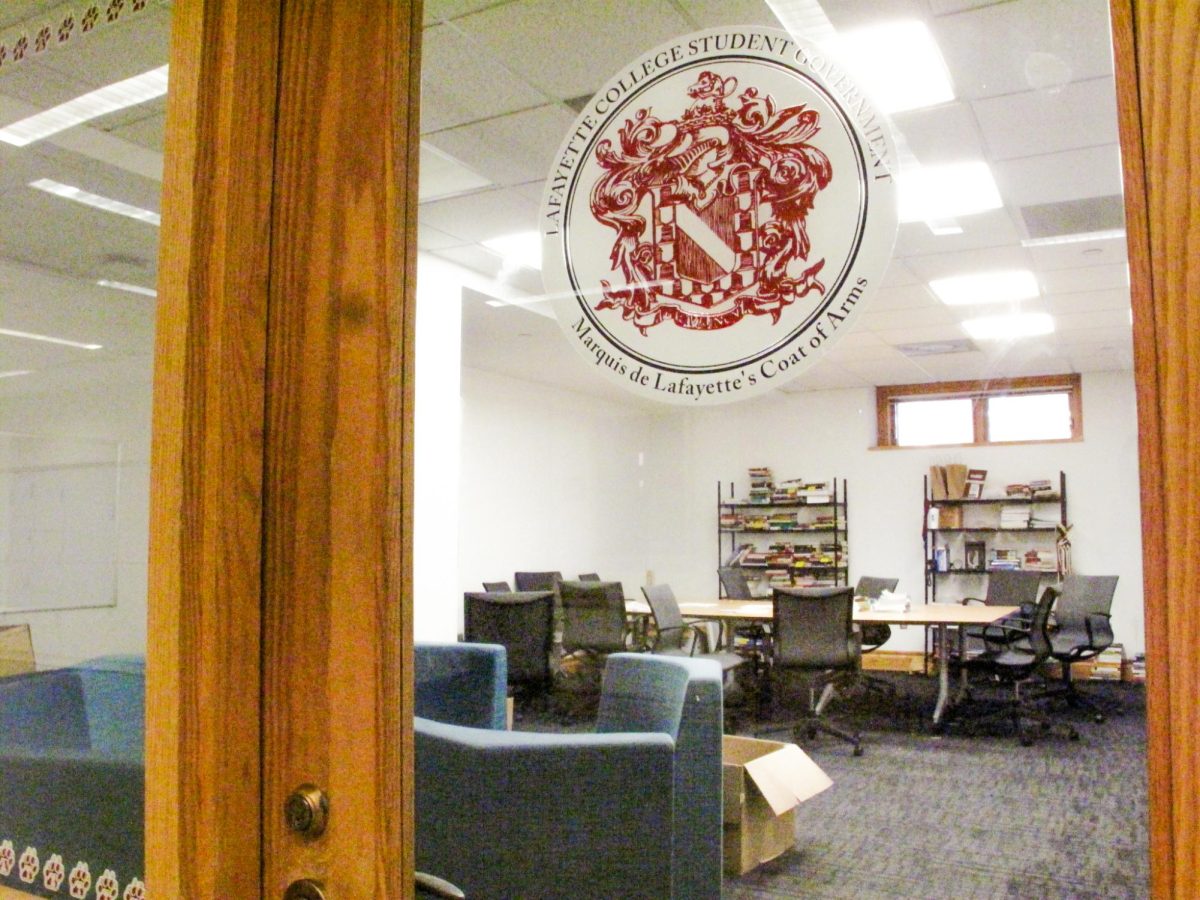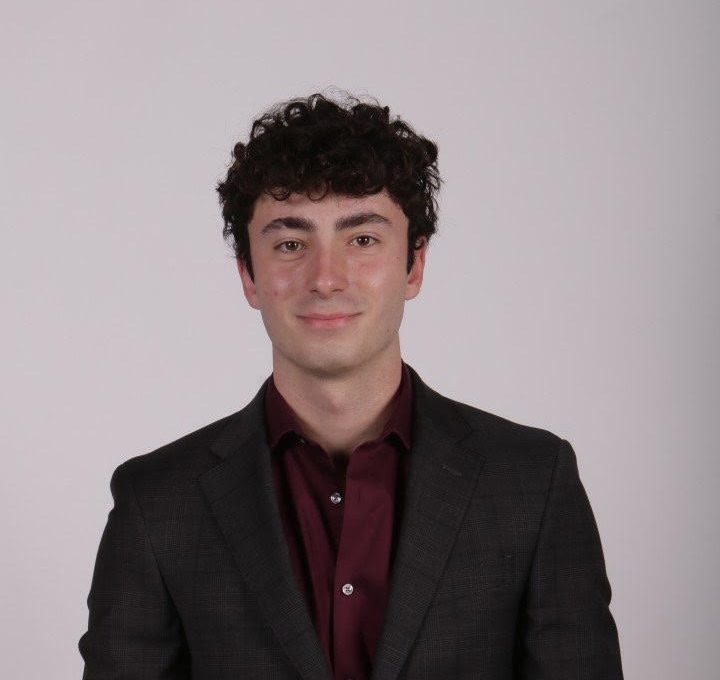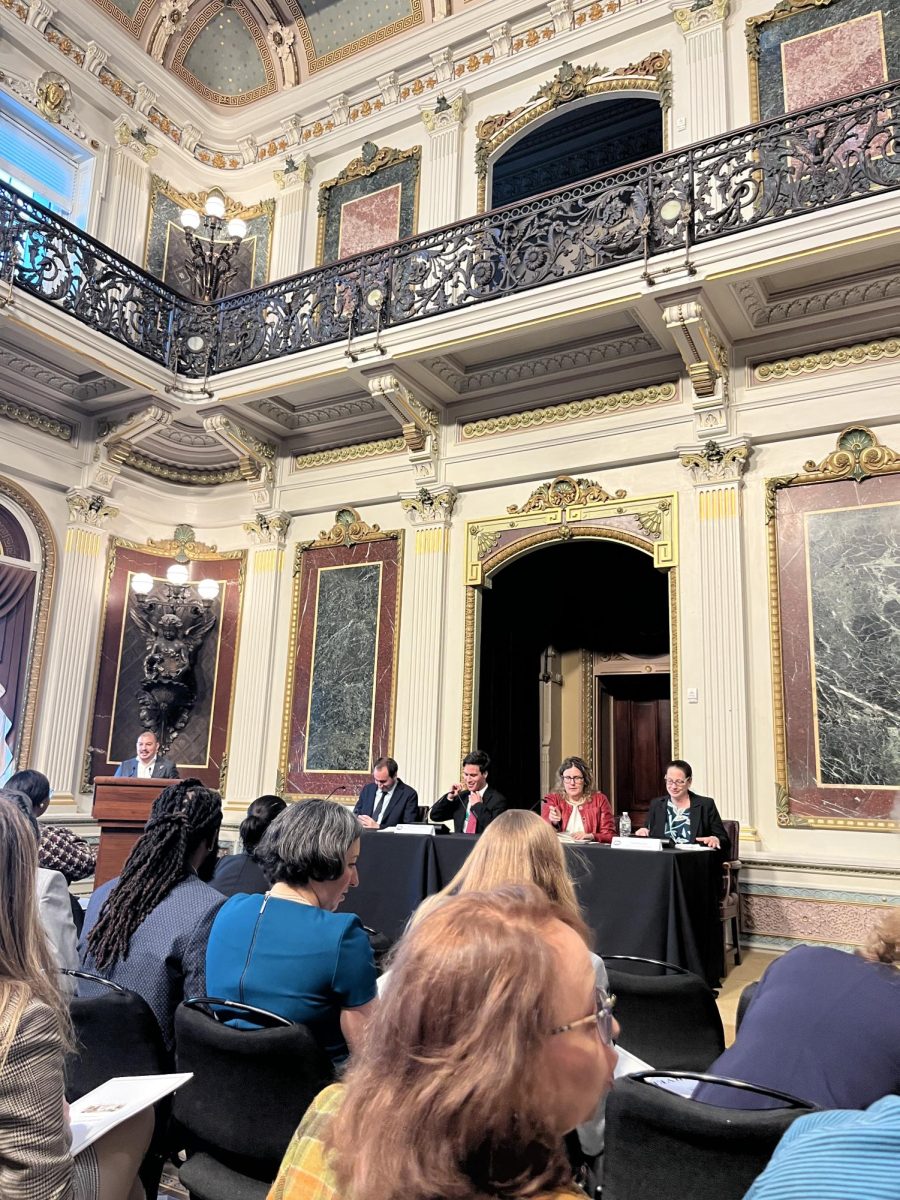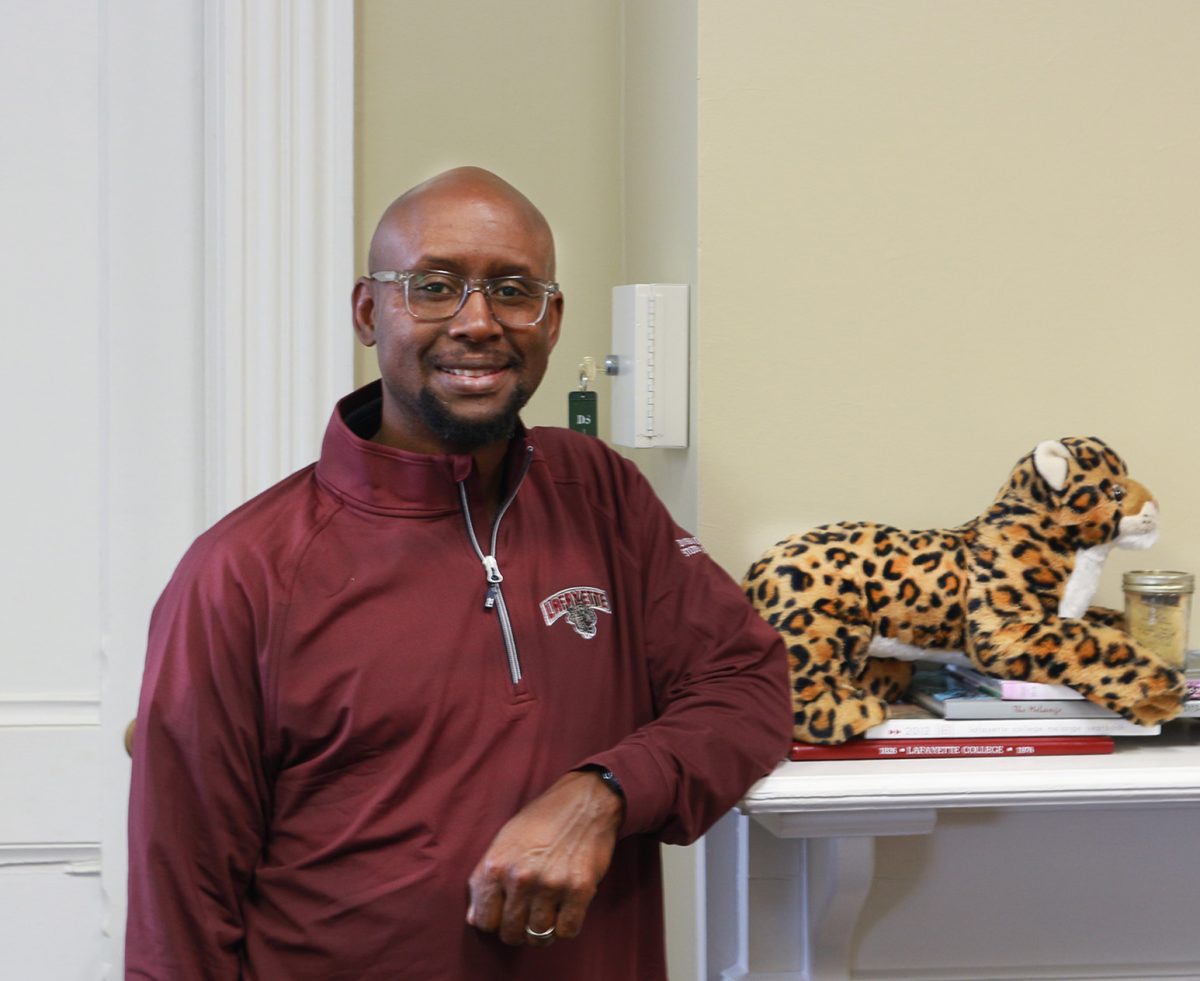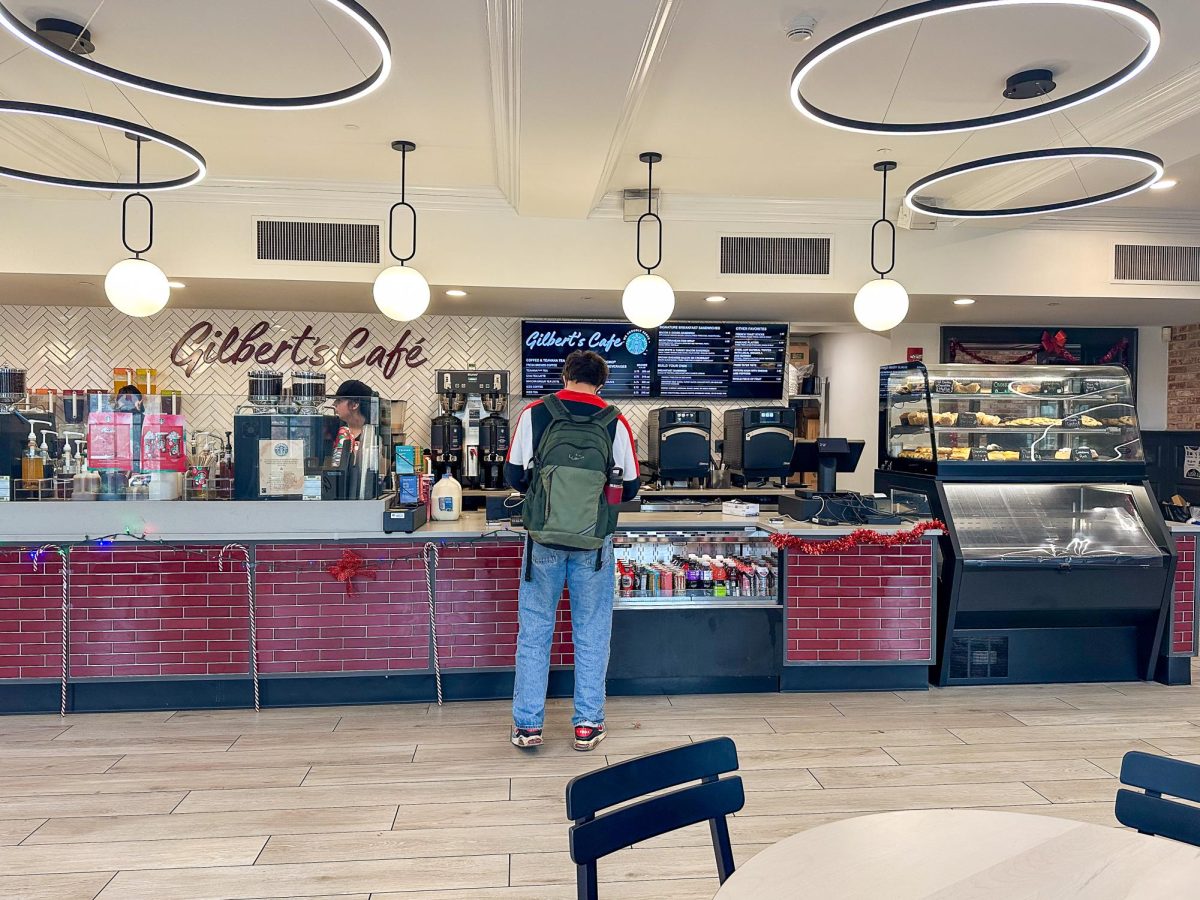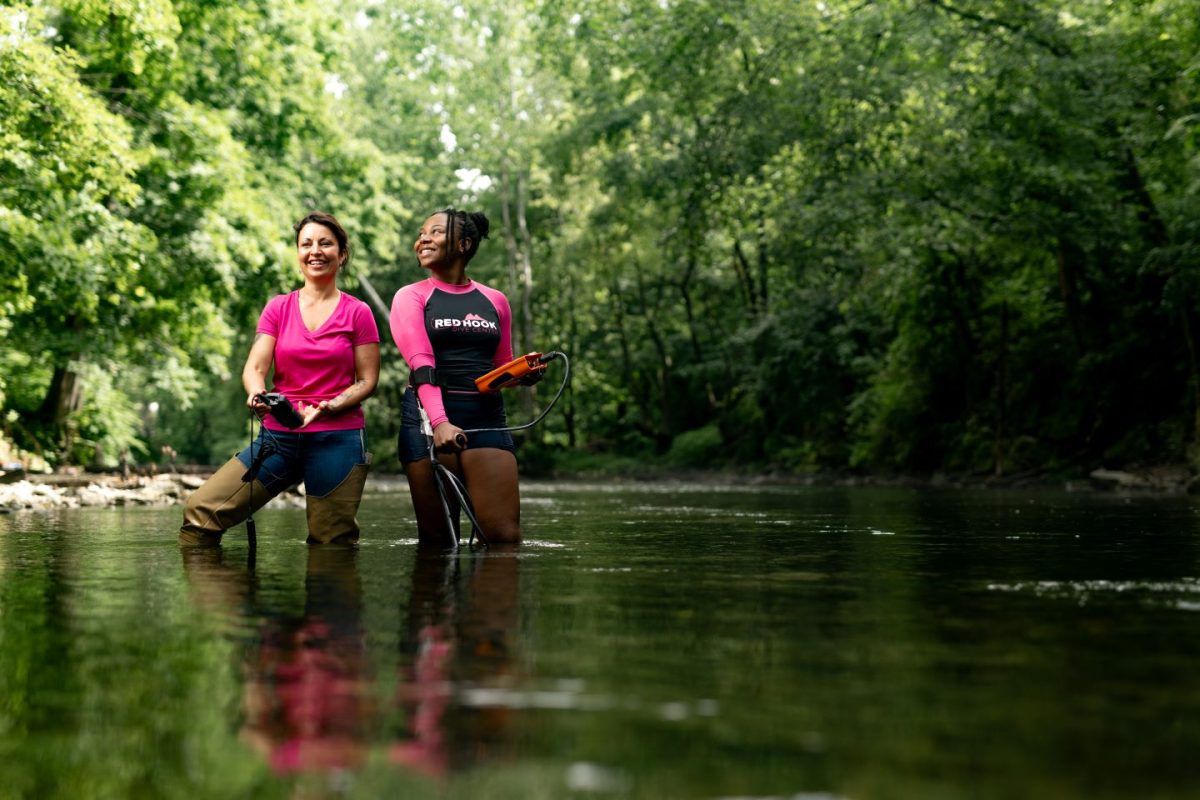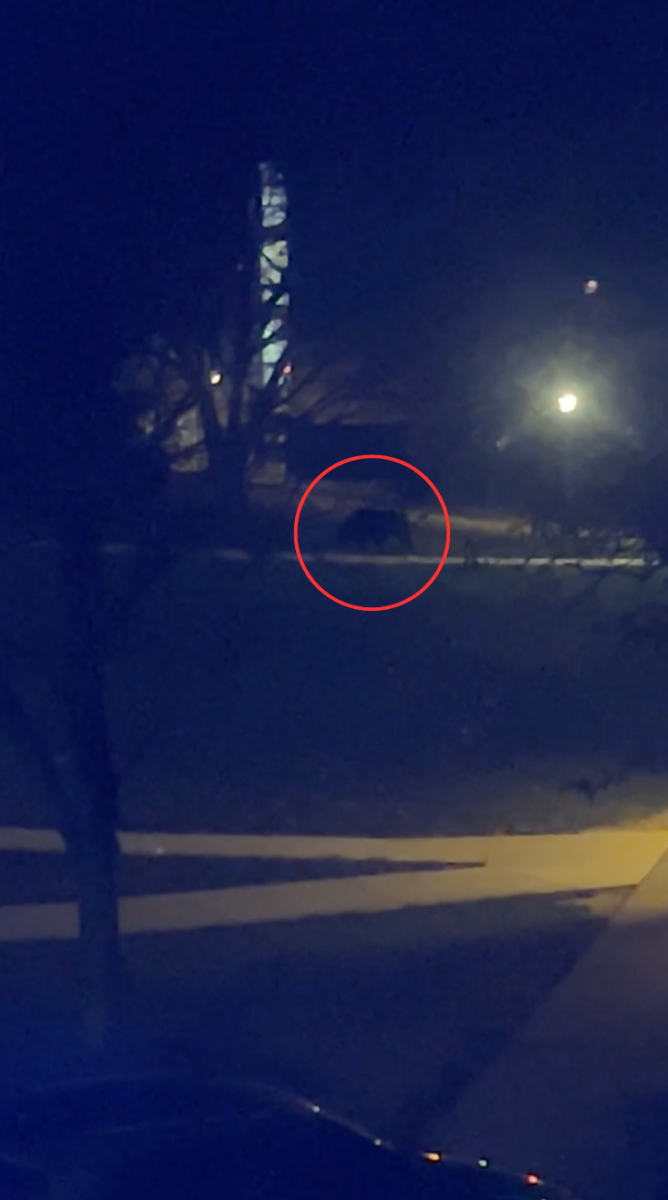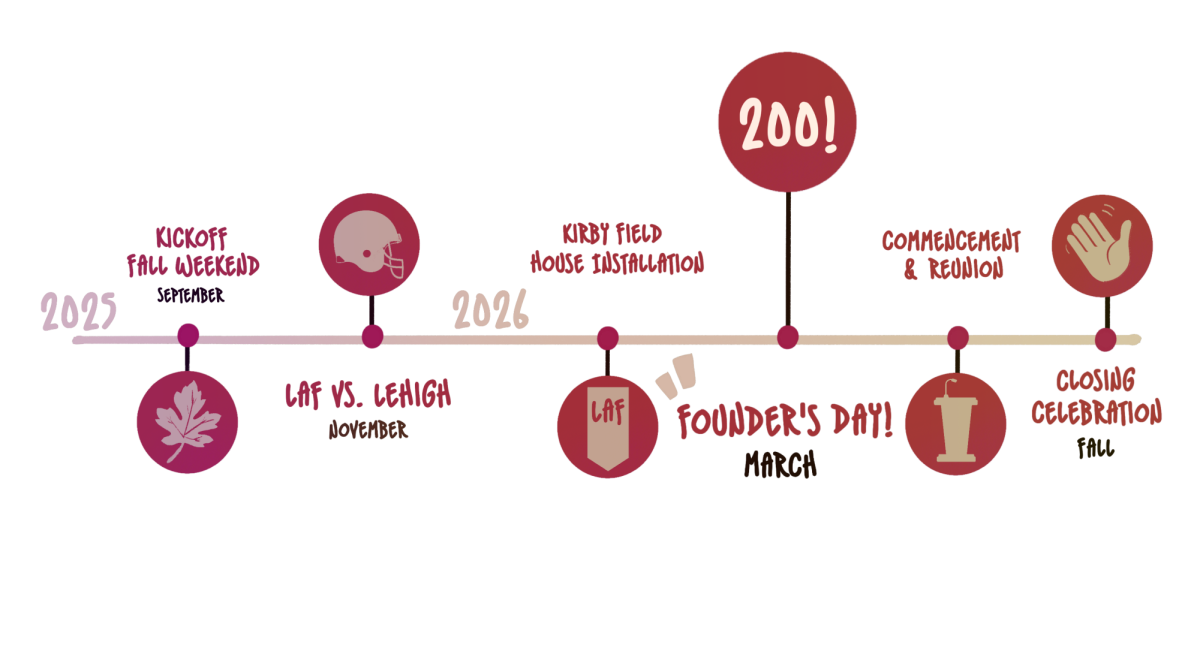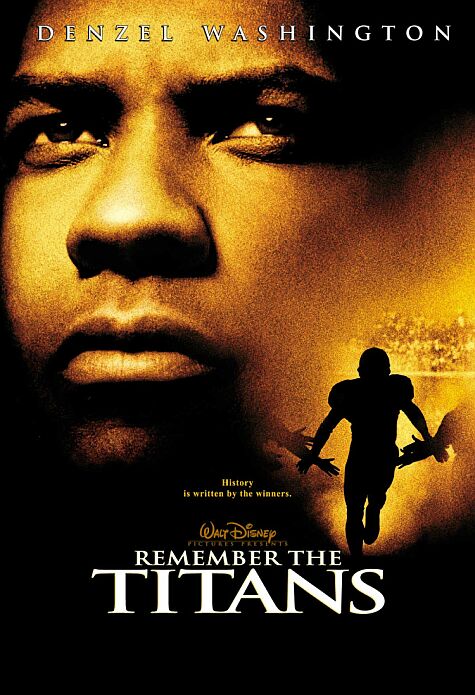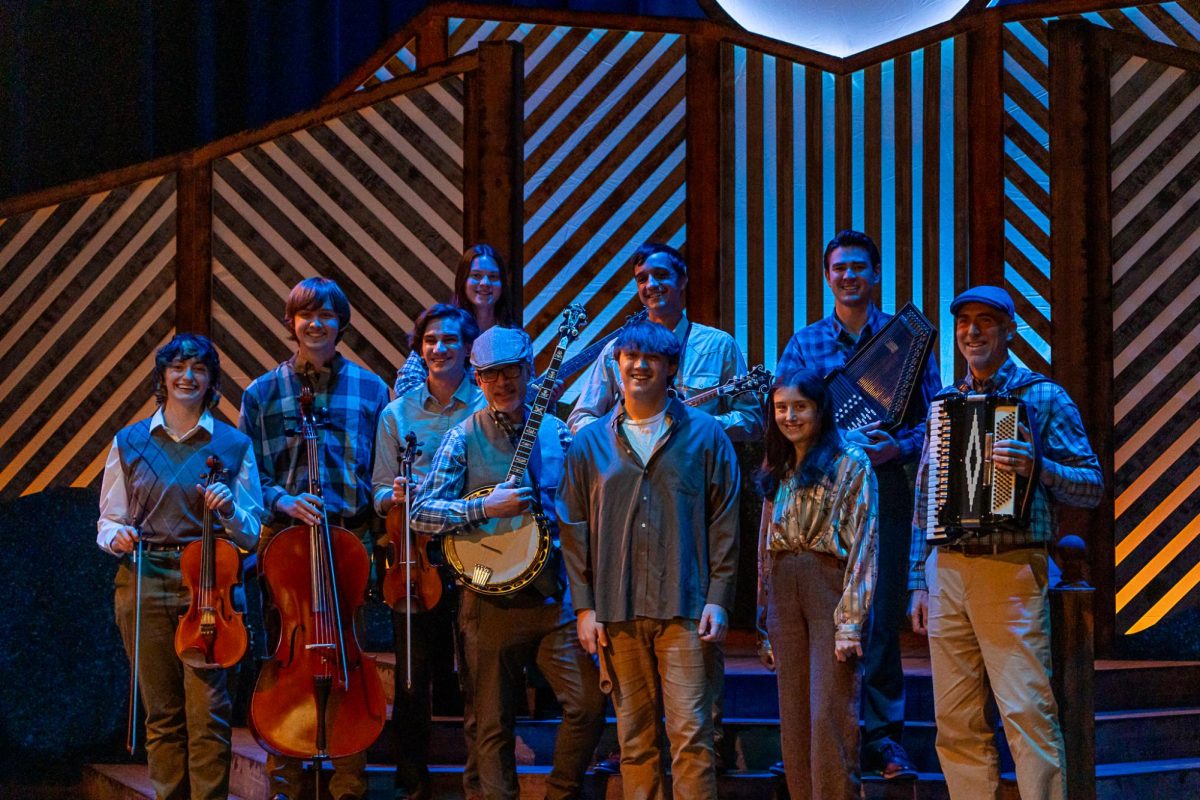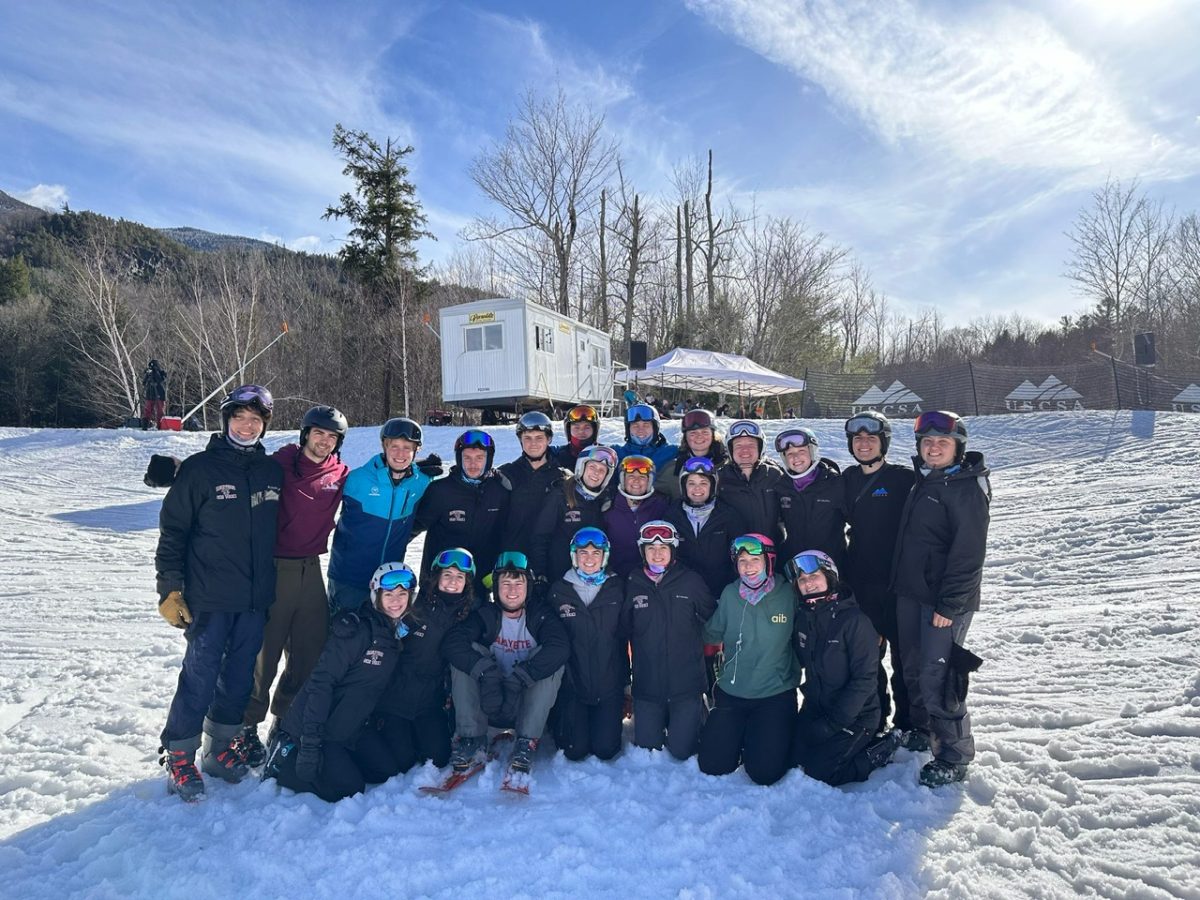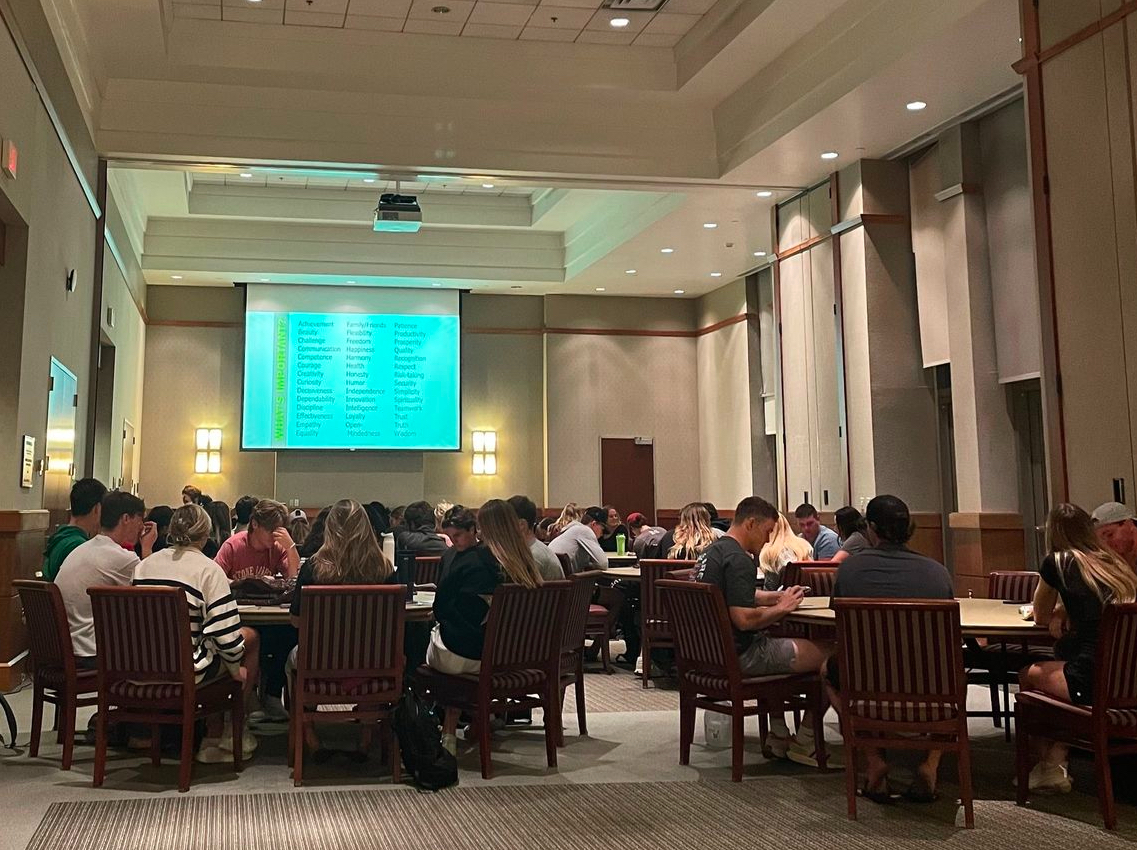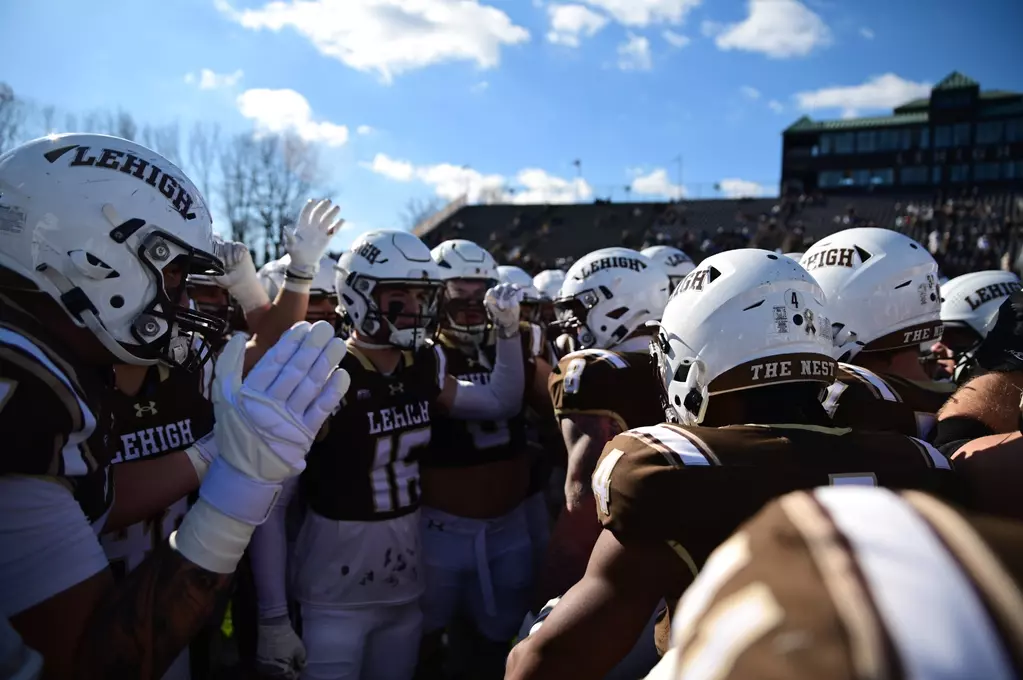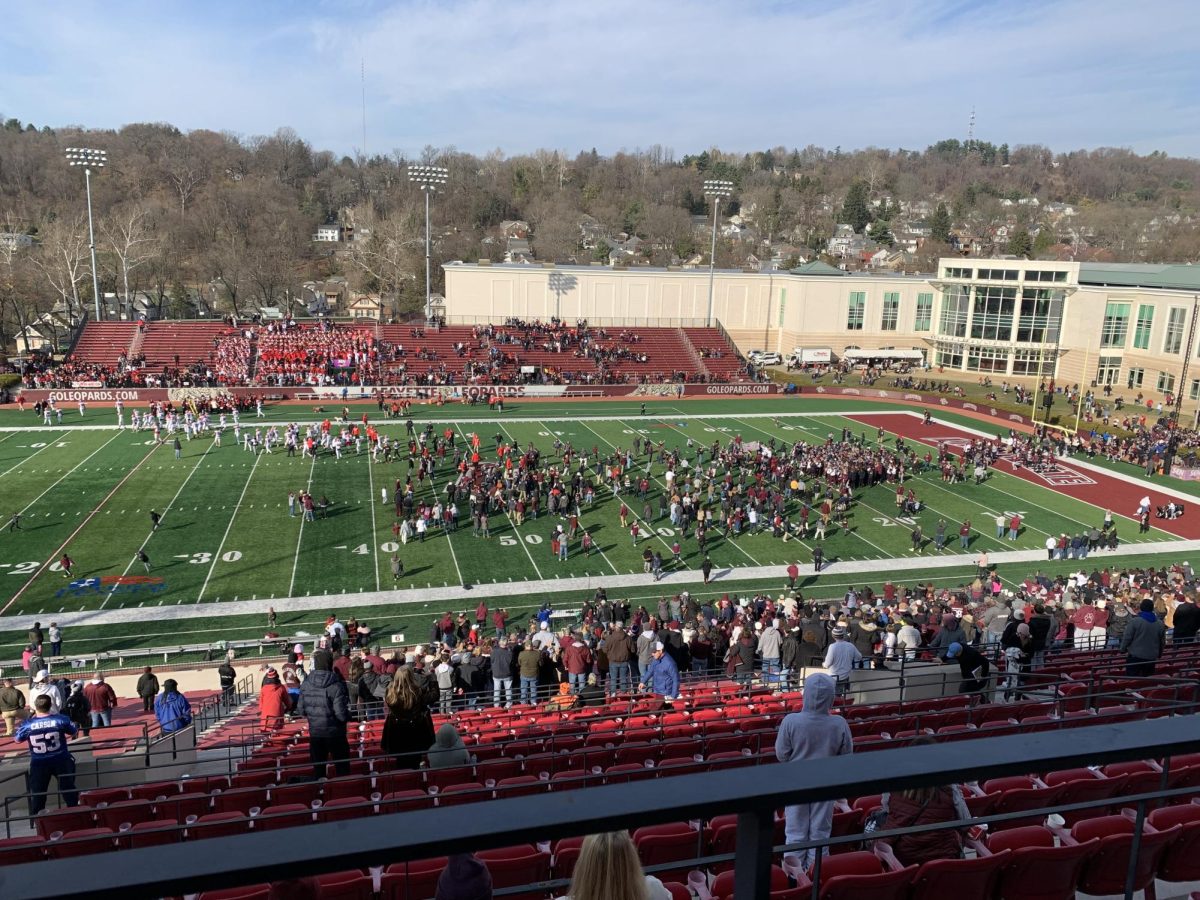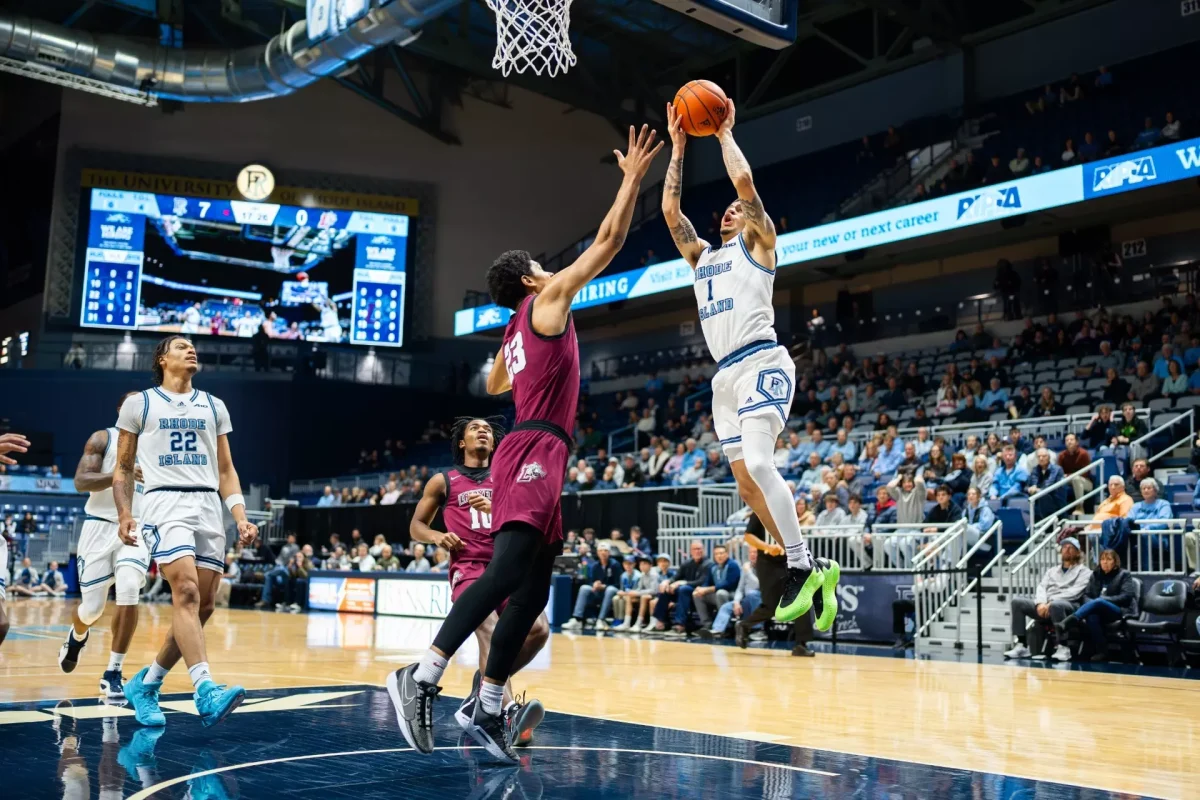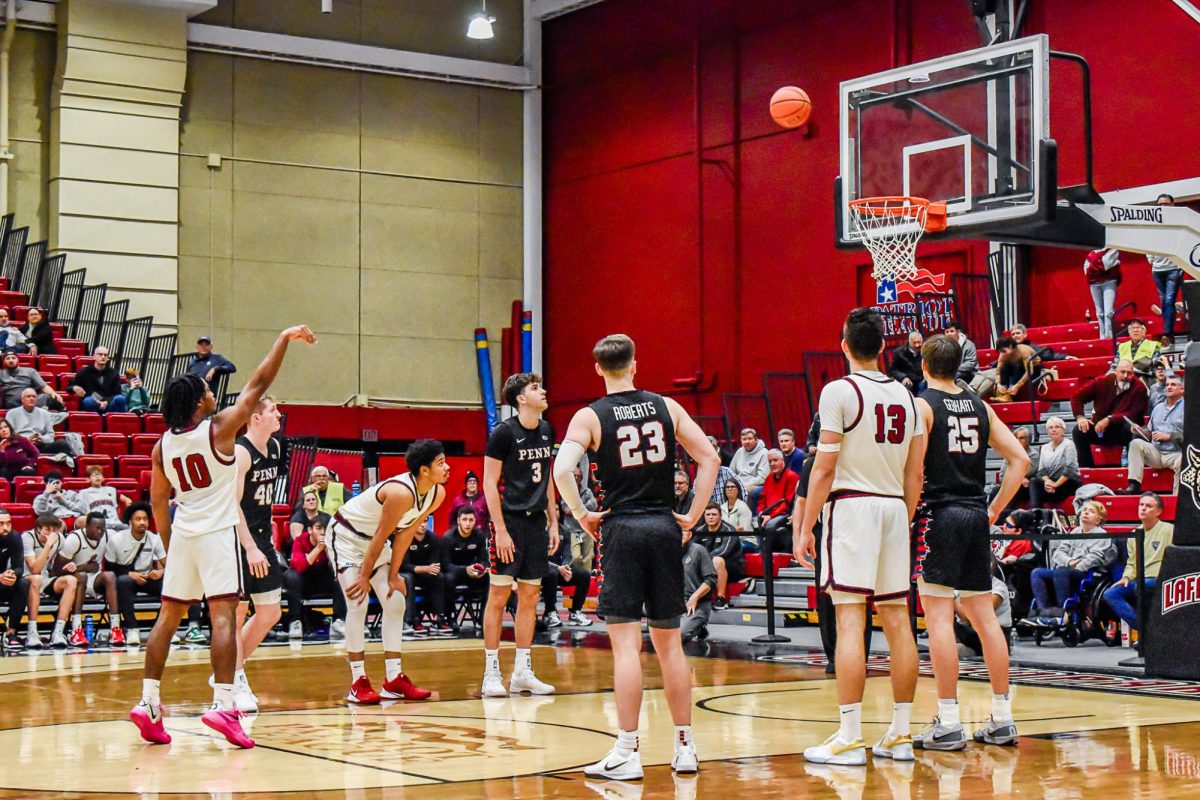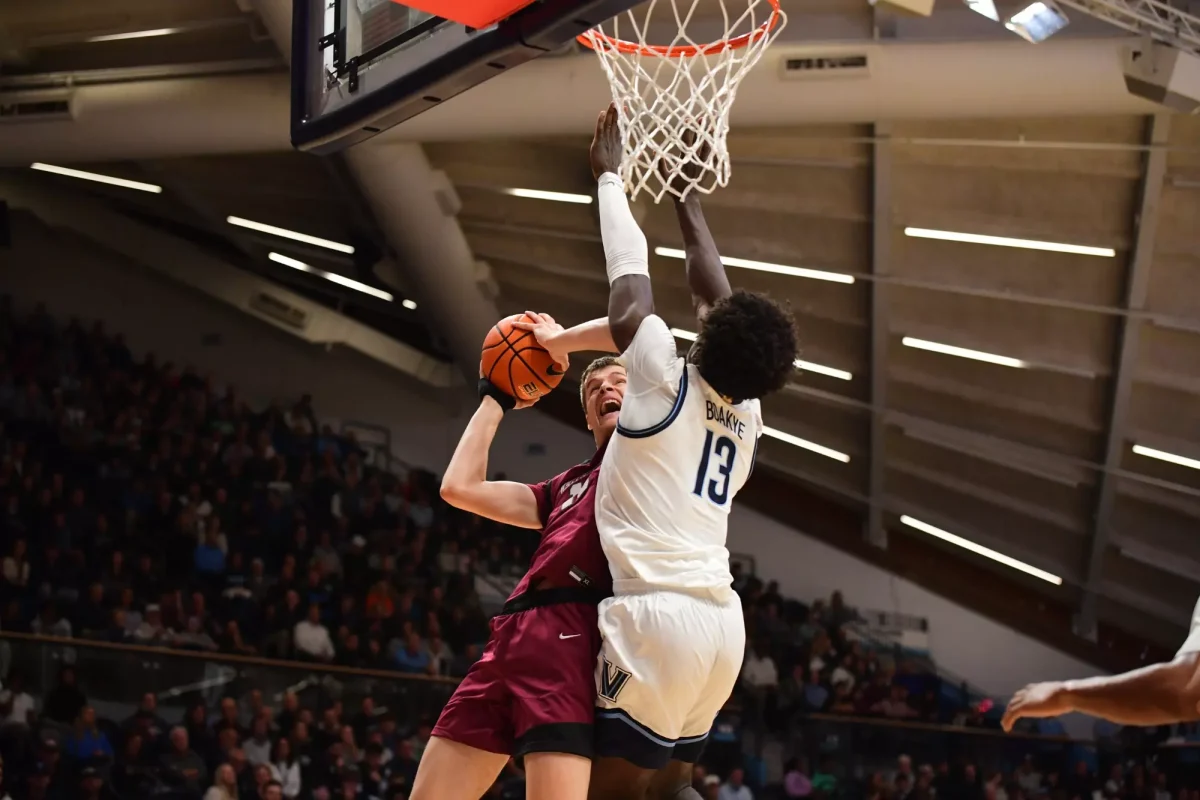To the editors,
When I opened the newspaper last week, I was surprised to find my photograph and article on the front page detailing a sensitive Student Government matter — without my permission. As a student leader, I expect scrutiny. However, The Lafayette has an ethical responsibility to consider privacy and consent before exposing identifiable student information.
The article centered on my resignation that I was navigating confidentially as a member of the Student Government. Yet, the Lafayette featured my photograph prominently without asking for permission. The paper argued that by taking on a student leadership role, I had relinquished reasonable expectations of privacy. Media oversight does not necessitate violation. Such unapproved exposure delivered unnecessary stress at a challenging time when I least expected to be dealing with media publicity. I felt robbed of the opportunity to prepare peers who might see these details broadcast across campus.
Unfortunately, I learned this was not an isolated incident: other student leaders confided in me about similar aggressive, inconsiderate coverage by The Lafayette last year — coverage that severely disrupted their life. They told me about reporters calling them past midnight demanding comments, and confronting them during meals to ask them questions. The justification? That invasive publicity “comes with the position” of Student Government. While reasonable for paid public officials, this rationale seems dubious when applied to student volunteers. We did not take on these roles to have our privacy invaded.
Rather than targeting student leaders unnecessarily, The Lafayette could better fulfill its journalistic duty by highlighting the over 100 active clubs that imbue our college experience with meaning — the kaleidoscope of groups across academics, arts, activism and more that make Lafayette, Lafayette. Groups like the International Students Association, LaFarm and Refugee Action not only foster personal growth but build bonds of community. Showcasing this ecosystem of student organizations could offer transparency into student life without compromising reasonable expectations of privacy.
The Lafayette undoubtedly plays a vital part in illuminating and analyzing salient issues in student life for its readers. However, this must be balanced with respect for individual privacy. This requires thorough staff training on journalistic best practices — particularly seeking all perspectives pre-publication. It requires establishing standard procedures for keeping individual students anonymous if they discuss sensitive matters. And it requires a genuine refocus away from targeting student volunteers over trivial matters and toward balanced coverage of the diverse experiences that make our campus culture special.
Chris Kirch ’26, ex-parliamentarian of the Student Government

